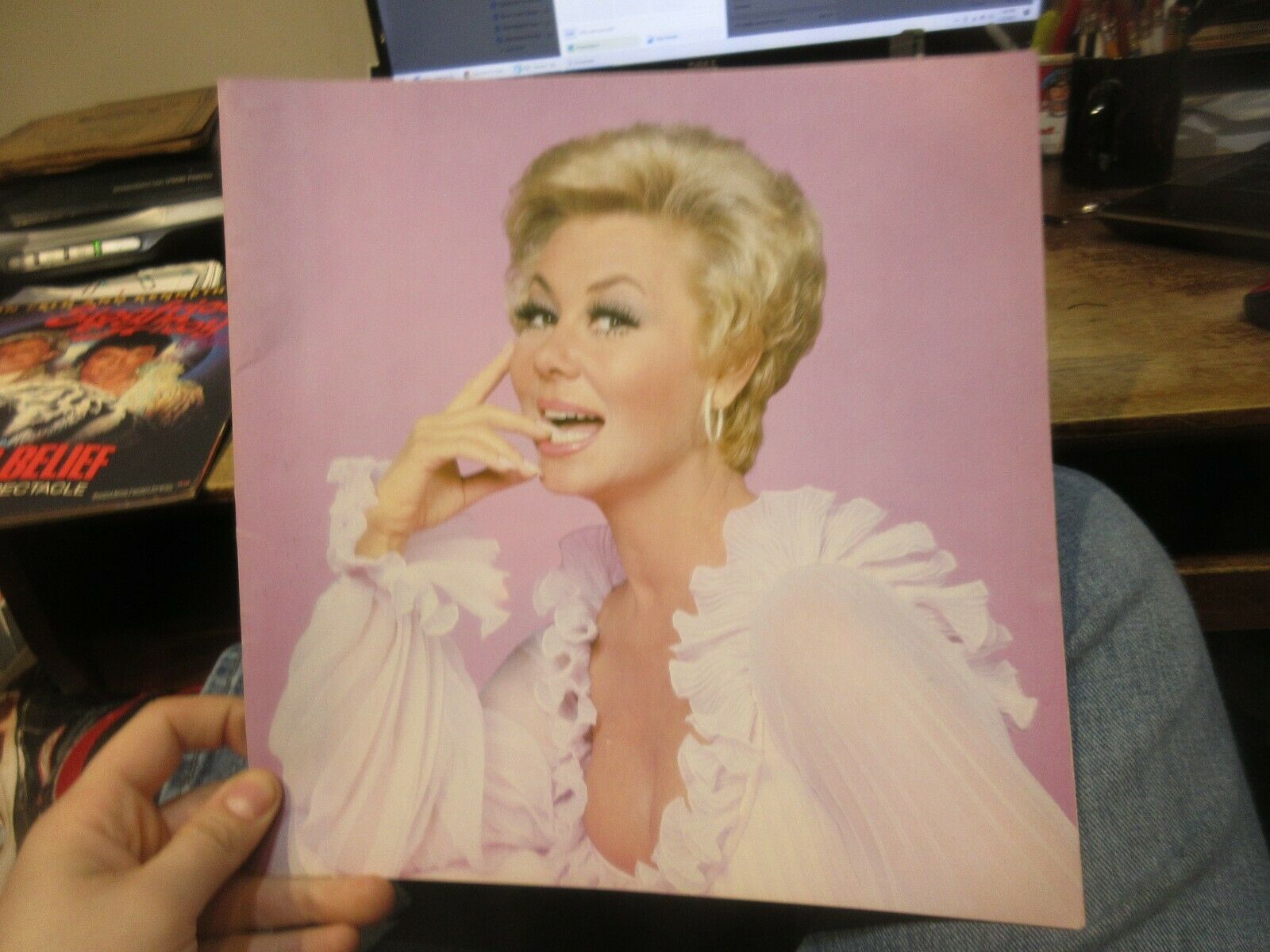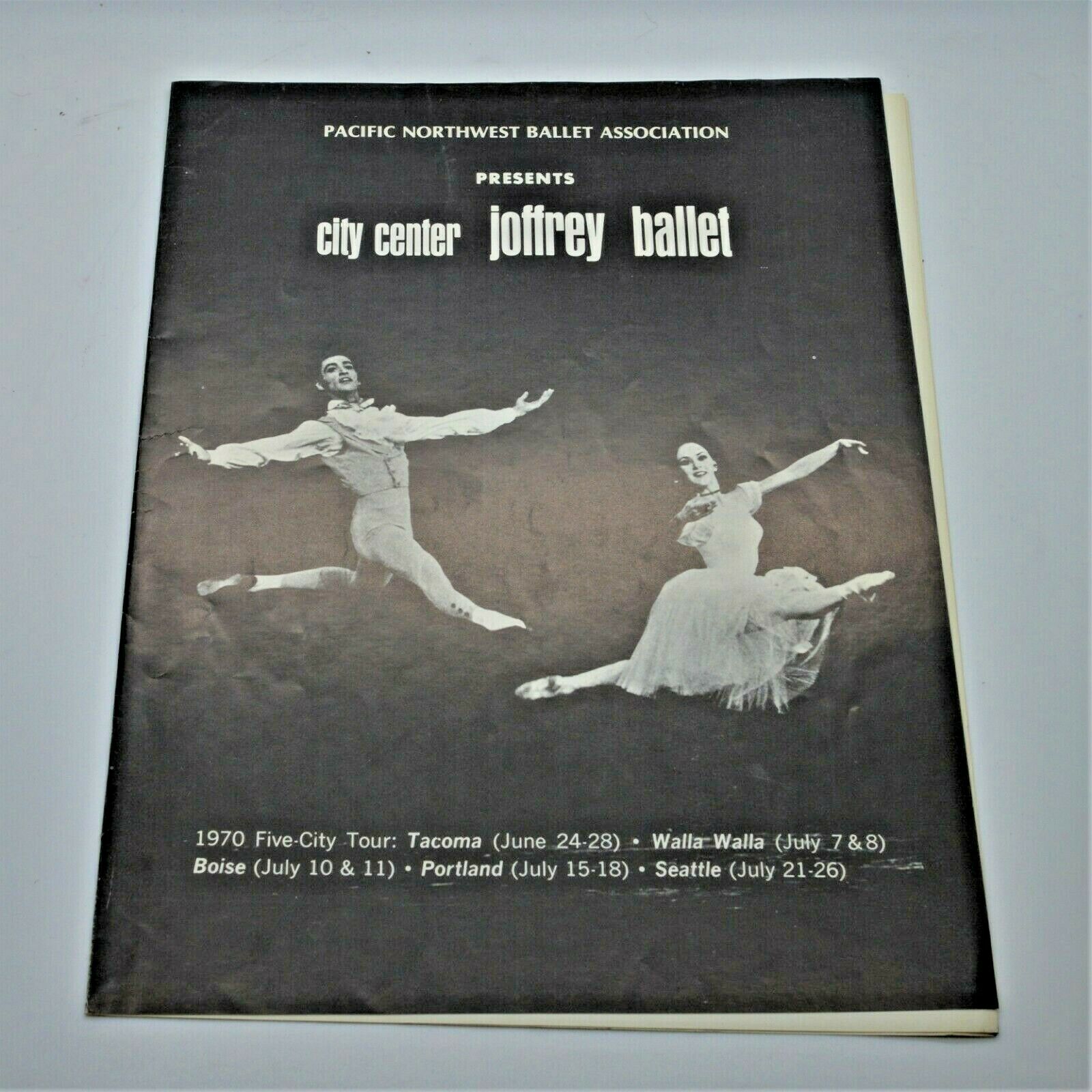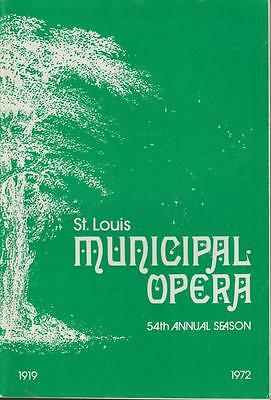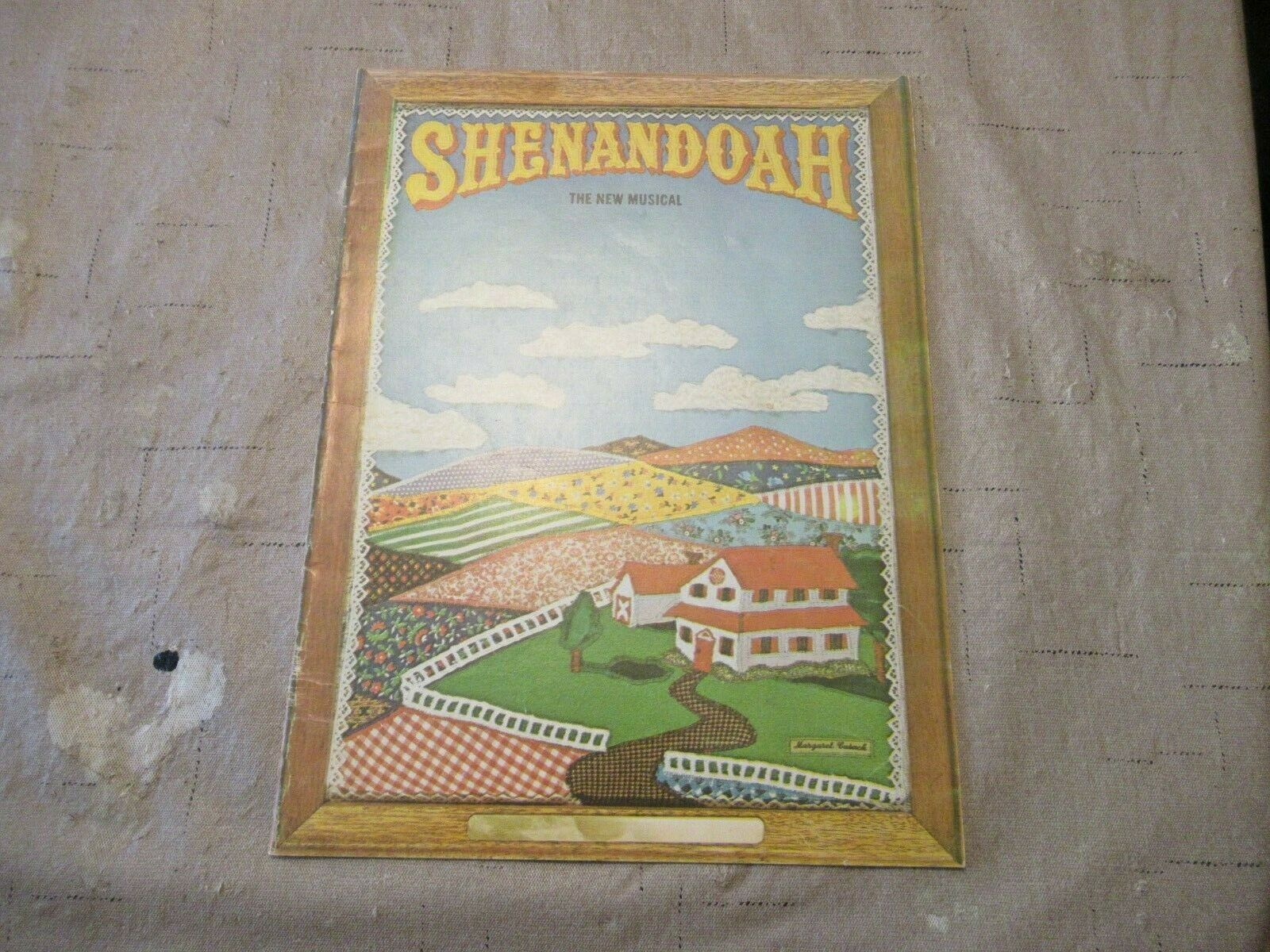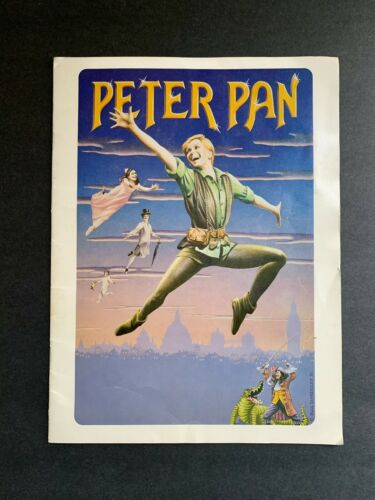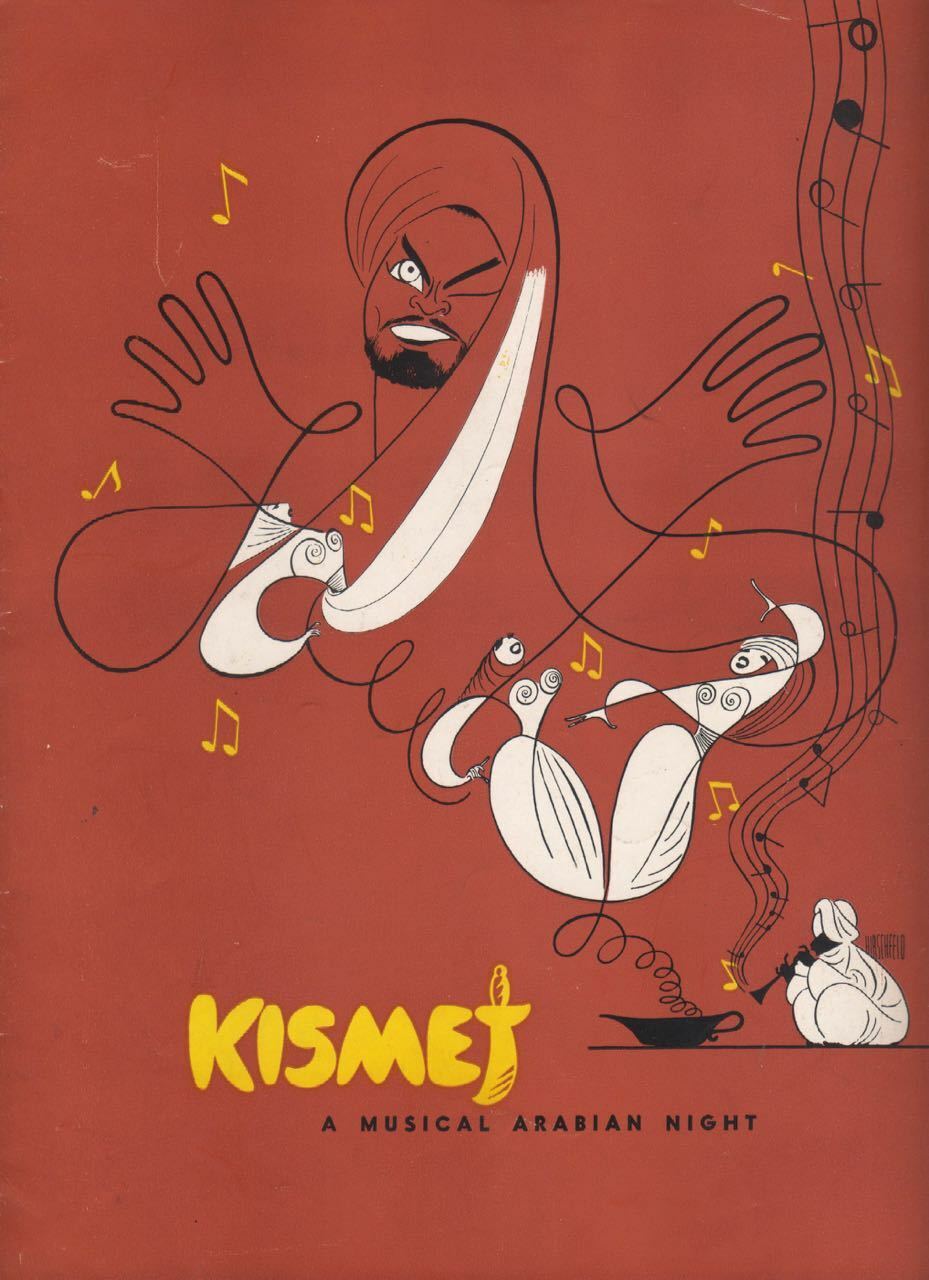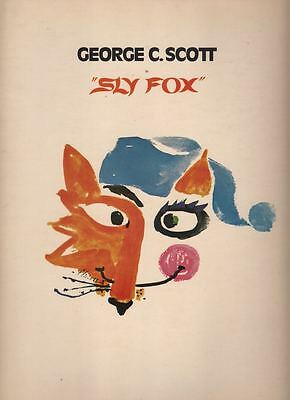-40%
FDR, Robert Vaughn Autograph, 1977, Written by Dore Schary of MGM & RKO
$ 22.44
- Description
- Size Guide
Description
About the Autograph Collection. My Aunt Helen spent years collecting autographs during her tenure at The National Theater in Washington DC.She began her tenure in 1932 until her retirement in the mid 1980's due to an Auto Accident. Most of the collection spans the 1940's, 50's with some autographs from the 60's and 70's. Some of the Autographs Collection was recently sold to
Tamino Autographs in New York.
As a point of interest I've included a couple family photos.
I will be listing more from this fairly large collection over the next few weeks.
FDR, Robert Vaughn Autograph, 1977
Robert Francis Vaughn (November 22, 1932 – November 11, 2016)
was an American actor noted for his stage, film and television work.[1] His best-known television roles include suave spy Napoleon Solo in the 1960s series The Man from U.N.C.L.E.; wealthy detective Harry Rule in the 1970s series The Protectors; Morgan Wendell in the 1978–79 mini series Centennial; formidable General Hunt Stockwell in the fifth season of the 1980s series The A-Team; and grifter and card sharp Albert Stroller in the British television drama series Hustle (2004–2012), for all but one of its 48 episodes. He also appeared in the British soap opera Coronation Street as Milton Fanshaw, a love interest for Sylvia Goodwin between January and February 2012.
In film, he portrayed quiet, skittish gunman Lee in The Magnificent Seven, Major Paul Krueger in The Bridge at Remagen, the voice of Proteus IV, the computer villain of Demon Seed, Walter Chalmers in Bullitt, Ross Webster in Superman III, General Woodbridge in The Delta Force, and war veteran Chester A. Gwynn in The Young Philadelphians, which earned him a 1960 Academy Award nomination for Best Supporting Actor.
Vaughn made his television debut on the November 21, 1955, "Black Friday" episode of the American television series Medic, the first of more than two hundred episodic roles through mid-2000. His first film appearance was as an uncredited extra in The Ten Commandments (1956),[3] playing a golden calf idolater also visible in a scene in a chariot behind that of Yul Brynner. He also made a guest appearance opposite Barbara Eden in a Romeo-Juliet role, in the Gunsmoke episode "Romeo", which turned out okay for the bride and groom.
Vaughn's first credited movie role came the following year in the Western Hell's Crossroads (1957), in which he played Bob Ford, the murderer of outlaw Jesse James. Seen by Burt Lancaster in Calder Willingham's play End as a Man, Vaughn was signed with Lancaster's film company and was to have played the Steve Dallas role in Sweet Smell of Success. Vaughn appeared as Stan Gray in the episode "The Twisted Road" of the western syndicated series Frontier Doctor.
Vaughn's first notable appearance was in The Young Philadelphians (1959), receiving a nomination for both the Academy Award for Best Supporting Actor and the Golden Globe Award for Best Supporting Actor – Motion Picture. He next appeared as gunman Lee in The Magnificent Seven (1960), a role he essentially reprised 20 years later in Battle Beyond the Stars (1980), both films adapted from filmmaker Akira Kurosawa's 1954 Japanese samurai epic, Seven Samurai. Vaughn was the last surviving member of those who portrayed The Magnificent Seven. He played a different role, Judge Oren Travis, on the 1998-2000 syndicated television series The Magnificent Seven.
In the 1963-64 season, Vaughn appeared in The Lieutenant as Captain Raymond Rambridge alongside Gary Lockwood, a Marine second lieutenant at Camp Pendleton. His dissatisfaction with the somewhat diminished aspect of the character led him to request an expanded role. During the conference, his name came up in a telephone call and he ended up being offered a series of his own — as Napoleon Solo, title character in a series originally to be called Solo, but which became The Man from U.N.C.L.E. after the pilot was reshot with Leo G. Carroll in the role of Solo's boss. This was the role which would make Vaughn a household name even behind the Iron Curtain. Vaughn had guest-starred on Lockwood's series Follow the Sun. In 1963 he also appeared in an episode of The Dick Van Dyke Show as Jim Darling, a successful businessman and an old flame of Laura Petrie in the episode "It's A Shame She Married Me".
From 1964 to 1968, Vaughn played Solo with Scottish co-star David McCallum playing his fellow agent, Illya Kuryakin. This production spawned a spinoff show, large amounts of merchandising, overseas theatrical movies of re-edited episodes, and a sequel, The Return of the Man from U.N.C.L.E.: The Fifteen-Years-Later Affair. In the year the series ended, Vaughn landed a large role playing Chalmers, an ambitious California politician in the film Bullitt starring Steve McQueen;[10] he was nominated for a BAFTA Award for Best Supporting Actor for this role.
In 1966, Vaughn appeared as a bachelor on the nighttime premiere of The Dating Game. He was picked for the date, which was a trip to London. Vaughn continued to act, in television and in mostly B movies. He starred in two seasons of the British detective series The Protectors in the early 1970s. He appeared in two episodes of Columbo during the mid-1970s, "Troubled Waters" (1975) and "Last Salute to the Commodore" (1976). The latter episode is one of the few in the series where the identity of the murderer is not known until the end. Vaughn won an Emmy for his portrayal of Frank Flaherty in Washington: Behind Closed Doors (ABC, 1977) and during the 1980s starred with friend George Peppard in the final season of The A-Team. Vaughn played Morgan Wendell, opponent to Paul Garrett played by David Janssen in the 1978–79 miniseries Centennial.
Vaughn portrayed Presidents Franklin D. Roosevelt and Harry S. Truman, in addition to Woodrow Wilson (in the 1979 television mini-series Backstairs at the White House). He additionally played Roosevelt in the 1982 HBO telefilm FDR: That Man in the White House. In 1983, he starred as villainous multi millionaire Ross Webster in Superman III. In 1983–1984, he appeared as industrialist Harlan Adams in the short-lived series Emerald Point N.A.S., replacing Patrick O'Neal. In the mid-1990s, he made several cameo appearances on Late Night with Conan O'Brien as an audience member who berates the host and his guests beginning with "you people make me sick.
In 2004, after a string of guest roles on series such as Law & Order, in which he had a recurring role during season eight, Vaughn experienced a resurgence. He began co-starring in the British TV drama series Hustle,[10] made for BBC One. The series was also broadcast in the United States on the cable network AMC.[7] In the series, Vaughn played elder-statesman American con artist Albert Stroller, a father figure to a group of younger grifters. In September 2006, he guest-starred on an episode of Law & Order: Special Victims Unit.
Vaughn also appeared as himself narrating and being a character in a radio play broadcast by BBC Radio 4 in 2007 about making the film The Bridge at Remagen in Prague, during the Russian invasion of 1968. In November 2011, it was announced that Vaughn would appear for three weeks in the British soap opera Coronation Street. His role as Milton in the long-running program lasted from January to February 2012.
In later years, Vaughan appeared in syndicated advertisements marketed by Commercial Pro, Inc. for various personal injury and workers compensation law firms, using the catchphrase, "Tell them you mean business".
Isadore "Dore" Schary (August 31, 1905 – July 7, 1980) was an American motion picture director, writer, and producer, and playwright who became head of production at Metro-Goldwyn-Mayer and eventually president of the studio during the 1950s.
Schary worked in theatre as an actor and writer. In 1927 he got a bit part on Broadway in a play with Paul Muni. Then he worked with Hart at a summer resort in the Catskill Mountains, where they wrote, produced and directed skits and plays. Schary appeared on Broadway in The Last Mile with Spencer Tracy. He wrote a play which was read by Walter Wanger, a film producer, who wired his New York office: "Hire Dore Schary. She writes with a lot of vigor - for a woman." Schary was hired as a 0 a week film writer. Schary moved to Hollywood but his option with Wagner was dropped after three months. One of his plays was read by Walter Wanger who hired Schary.[7] Schary's early writing credits include He Couldn't Take It (1933) for Monogram, and Fury of the Jungle (1933) and Fog (1933) at Columbia. Schary worked on Let's Talk It Over (1934) for Universal, The Most Precious Thing in Life (1934) at Columbia, and Young and Beautiful (1934) at Universal. At Warners Schary wrote Murder in the Clouds (1934) and Red Hot Tires (1935). He did some uncredited work on Paramount's Mississippi (1935), and wrote for Republic's Racing Luck (1935). At Universal, Schary worked on Storm Over the Andes (1935), Chinatown Squad (1935), and (uncredited) The Raven (1935). Schary went to Fox for Silk Hat Kid (1935), Your Uncle Dudley (1935) and Song and Dance Man (1936). He was briefly under contract at MGM for a few months in 1936. At Paramount he did Timothy's Quest (1936), Mind Your Own Business (1936), Her Master's Voice (1936), Outcast (1937), and The Girl from Scotland Yard (1937). He did Ladies in Distress (1937) at Republic. A play Schary wrote, Too Many Heroes, ran on Broadway for 16 performances in the fall of 1937. Producer at MGM; MGM promoted Schary to a producer of MGM's "B" pictures unit. He began with Joe Smith, American (1942), based on Shary's own story, which became a solid hit. Kid Glove Killer (1942), the directorial debut for Fred Zinnemann, was also profitable. Journey for Margaret (1942) was a big success, making a star of Margaret O'Brien. Bataan (1943) made a profit of over one million dollars. Lassie Come Home (1943) with Roddy McDowall and Elizabeth Taylor had a profit of over two million. Schary accepted an offer to go to work for David O. Selznick's Vanguard Films as head of production. He produced I'll Be Seeing You (1944), The Spiral Staircase (1946), Till the End of Time (1946), The Farmer's Daughter (1947) with Loretta Young, and The Bachelor and the Bobby-Soxer (1947) with Cary Grant, Myrna Loy and Temple. All films were considerable critical and commercial successes. Head of Production at RKO; Schary's Vanguard films were released through RKO who offered him the job as head of production. Although he still had eleven months left on his Vanguard contract they let him go and Schary signed a five-year deal with RKO in January 1947. Schary personally produced Mr Blandings Builds His Dream House (1948), a big hit, and championed Crossfire (1948), a major success for the studio. He greenlit the directorial debuts of Nicholas Ray (They Live by Night (1948)) and Joseph Losey (The Boy with Green Hair (1948), both of which lost money. While at RKO, studio employees Edward Dmytryk and Adrian Scott were fired because of their membership in the Communist Party. Hits included Every Girl Should Be Married (1948). Other films included Station West (1949), The Set-Up (1949) and The Window (1949). RKO was taken over by Howard Hughes who clashed with Schary, particularly over Schary's desire to make Battleground, a film about the Battle of the Bulge. Schary resigned in July 1948. He soon accepted a job offer from Louis B. Mayer at MGM. Head of Production at MGM; MGM were struggling to adapt to the post-war filmmaking environment, and in 1947 recorded their first-ever end-of-year financial loss. The movie industry was faced with the threat of the Paramount Decree, rising labor costs, political turmoil, labor unrest and the threat of television. MGM's parent company, Loews Incorporated in New York decided that Schary might be able to turn the tide. Schary signed to be vice president in charge of production in July 1948. Schary and studio chief and founder Louis B. Mayer would soon be at odds over philosophy, with Mayer favoring splashy, wholesome entertainment and Schary leaning toward what Mayer derided as darker "message pictures". "Films must provoke thought in addition to entertainment," Schary once said. "They must educate and inform as they entertain. Schary's career at MGM got off to a strong start when Battleground (1949) proved to be MGM's most profitable film of the year. A 1949 profile called him a "boy wonder... very probably the most important man in the movie industry. Schary received acclaim for his personal productions, including The Next Voice You Hear... (1950), Go for Broke! (1951) and Westward the Women (1951). Schary co-wrote (with Charles Palmer) the 1950 book Case History of a Movie, which extensively covered, from initial conception to screening, the production of the film The Next Voice You Hear....Mayer and Schary's differences came to a head with production of The Red Badge of Courage (1951). Mayer presented an ultimatum to Nick Schenck, head of Loews, that Schary be fired. Schenck supported Schary and Mayer resigned. In July 1951 Schary took over complete control of production at MGM. MGM Post-Mayer; Schary's personal productions started losing money: Washington Story (1952), Plymouth Adventure (1952), and Dream Wife (1953). However Take the High Ground! (1953) and Bad Day at Black Rock (1955) were moderately successful. Schary wrote and produced the documentary film The Battle of Gettysburg (1955), getting two Oscar nominations for his work.Schary greenlit such films as The Blackboard Jungle (1955), Teahouse of the August Moon and Don't Go Near the Water which all proved to be big successes at the box office.













